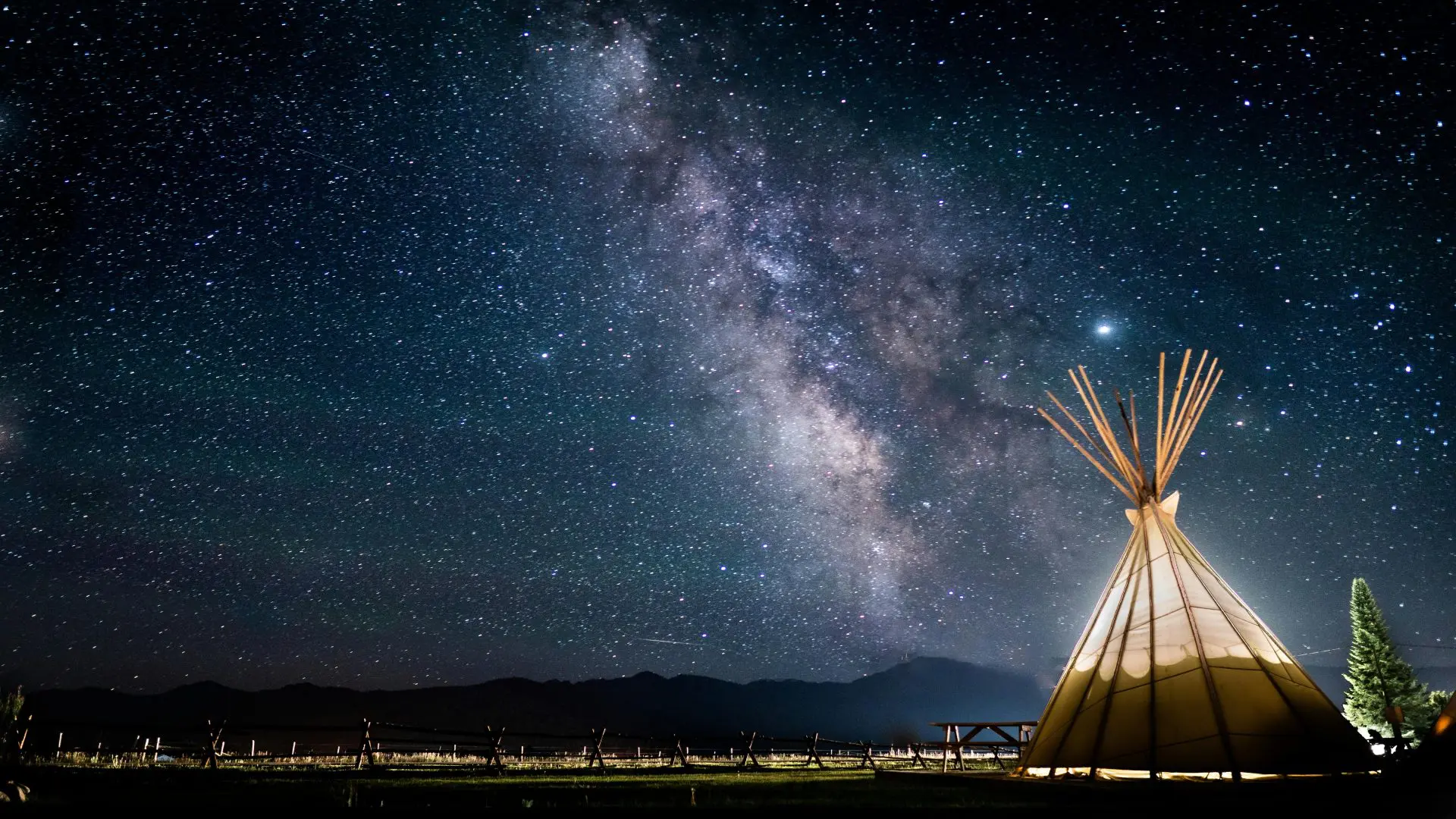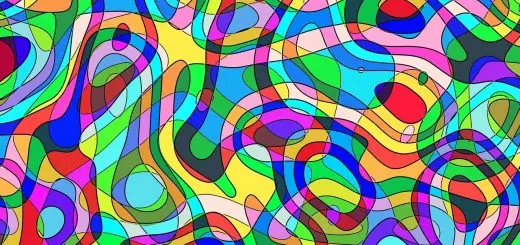How Does Vedic Astrology Differ from Western Astrology?

Looking for more amazing products? Check out our online store and explore our collection here! Happy shopping!
Before diving in, please note: This post is for informational purposes only. If you’d like to know more about how we approach topics, feel free to check out our friendly Disclaimer Page.
Hey there, amazing readers! 
We’re committed to delivering quality posts, and your support (even just sticking around despite the ads) means everything to us. So, bear with us, and thanks for helping us keep the good vibes rolling. Now, on to the fun stuff!
TRANSLATE BUTTON AT THE END OF THE ARTICLE
A Quick Overview
Astrology is a fascinating field that has captivated humanity for centuries.
It provides insights into our personalities, life events, and even our destinies.
While many of us are familiar with Western astrology—those colorful horoscopes in magazines and the zodiac signs tied to our birthdays—there’s another rich tradition rooted in the East: Vedic astrology.
But what sets these two systems apart?
In this article, I’ll guide you through the key differences between Vedic and Western astrology, illuminating their unique characteristics while adding a touch of warmth and humor along the way.
Introduction: Astrology’s Fascinating Global Journey
The world of astrology isn’t just a simple pastime; it’s a profound way to connect with ourselves and the universe.
Think about it.
From ancient Babylon to the royal courts of India, people have gazed at the stars, trying to understand their significance.
Both Vedic and Western astrology have their own narratives and traditions, shaped by the cultures from which they emerged.
I remember the first time I sat down to explore my astrological chart.
The Western zodiac system resonated with me; after all, I was a proud Libra, defined by balance and harmony.
But when I stumbled upon Vedic astrology, I felt like I had discovered an entirely different perspective.
It was as if I had found an old friend who looked at life through a different lens.
Astrology helps us make sense of the chaotic world around us.
Whether you’re looking for guidance in your career, love life, or health, both Vedic and Western systems aim to provide clarity.
Yet, with their differing philosophies and methods, they can sometimes feel like two sides of the same cosmic coin.
Let’s break down what makes each system unique.
The Origins: Roots of Vedic and Western Astrology
Western astrology can trace its roots back to ancient Greece and Babylon.
It flourished around the 2nd century BC, when Greek philosophers like Ptolemy began to formalize the zodiac and planetary movements.
The Western approach largely emphasizes psychological aspects and personality traits based on the sun signs, moon signs, and rising signs.
It’s like a cosmic personality test designed to help you understand who you are.
On the other hand, Vedic astrology, or Jyotish, originates from ancient Indian scriptures called the Vedas, dating back thousands of years.
Its focus is more on spiritual growth and karma.
Instead of merely examining personality, Vedic astrology seeks to understand the soul’s journey through past lives and its implications for the present and future.
Both systems have deep cultural significance.
They reflect the questions and concerns of their societies.
While Western astrology often emphasizes individualism, Vedic astrology looks at the interconnectedness of all beings.
This fundamental difference influences their practices and interpretations.
Zodiac Systems: Sidereal vs. Tropical Explained
One of the most striking differences between Vedic and Western astrology lies in their zodiac systems.
Western astrology uses the tropical zodiac, which is based on the seasons.
It aligns the zodiac signs with the sun’s position as it travels through the Earth’s equatorial plane.
So, when you read your horoscope as a Gemini, it’s based on this seasonal approach.
Vedic astrology employs the sidereal zodiac, which aligns the zodiac signs with the constellations.
This method takes into account the precession of the equinoxes, a subtle shift that causes the position of the zodiac signs to drift over time.
In simpler terms, the sidereal zodiac reflects the actual positions of stars in the sky.
As a result, a person identified as a Gemini in Western astrology might find themselves classified as a Taurus in Vedic astrology.
That’s a pretty big difference!
This distinction can lead to varying interpretations of a person’s personality and potential.
It’s like having two friends who see you in completely different lights—both valid, yet distinctly different.
Chart Calculations: How Birth Charts Are Created
Creating a birth chart is an essential part of both Vedic and Western astrology, though the processes differ significantly.
In Western astrology, your birth chart, or natal chart, is calculated using your birth date, time, and location.
This chart revolves around the sun, moon, and planets, mapping their positions relative to the Earth at the moment of your birth.
Vedic astrology also uses the same foundational information, but it places significant emphasis on the positions of the moon and the rising sign, known as the Lagna.
The result is a more complex chart that includes various divisions, called "Vargas," which can highlight different life areas, such as health or relationships.
I’ll admit, the first time I tried to interpret my Vedic chart, I felt completely lost.
It was a bit like trying to read a foreign language.
Yet, with patience and help from knowledgeable practitioners, I began to see how these intricate calculations reveal deeper layers of human experience.
Planetary Positions: The Role of Nakshatras
In Vedic astrology, planetary positions are analyzed through a system of 27 Nakshatras, or lunar mansions.
Each Nakshatra represents a specific cluster of stars and is associated with particular traits and energies.
This adds an extra dimension to chart interpretation.
The moon’s placement in a Nakshatra at the time of your birth can significantly influence your personality and life path.
Western astrology, in contrast, primarily focuses on the 12 zodiac signs without incorporating this lunar mansion system.
While it considers planetary aspects and houses, the Nakshatras provide a nuanced understanding of how celestial influences affect us.
Imagine two people born on the same day.
They may share the same sun sign but have entirely different Nakshatras.
This could lead to vastly different temperaments or life experiences.
It’s like comparing two siblings who look alike yet have distinct personalities and paths in life.
Interpretations: How Each Tradition Reads Charts
Interpretations in Vedic and Western astrology can feel worlds apart.
Western astrology tends to focus on personality traits, relationships, and potential challenges that individuals might face in their lives.
Astrologers might say, “As a Leo, you thrive on creativity and self-expression.” It’s an approach that resonates with many people seeking insight into their lives and feelings.
Vedic astrology, however, takes a more holistic approach by incorporating the notion of karma.
It emphasizes how past actions can influence present circumstances.
A Vedic astrologer might say, “Your Venus in the 7th house indicates a strong desire for partnerships, potentially shaped by past life relationships.” This perspective invites deeper introspection and a sense of responsibility for one’s actions.
Both methods have their merits, but the Vedic approach often feels like a gentle nudge toward self-awareness and growth.
It’s not just about who you are but also about who you can become.
Focus Areas: Past Lives in Vedic vs. Current Life in Western
One of the most significant divergences lies in the focus of each system.
Western astrology tends to concentrate on our current life and experiences.
It’s all about understanding our present circumstances and how celestial movements impact them.
Vedic astrology, however, delves into the concept of reincarnation.
It explores how past life experiences shape our current reality.
This deeper connection with karma adds layers to interpretation.
Vedic astrologers might analyze your chart to uncover lessons from previous lives, guiding you on your current path.
This perspective can feel like a fascinating journey through time.
Imagine sifting through your soul’s history to find patterns and lessons that resonate today.
It’s like having a personal guide who helps you navigate your life’s twists and turns.
Tools of the Trade: Horoscopes and Dasha Systems
Both systems have their unique sets of tools for interpreting celestial influences.
In Western astrology, horoscopes are often the go-to resource.
They provide insights into daily, weekly, or monthly astrological events based on your sun sign.
So, if you’re reading your horoscope for the week, you’re looking for information relevant to your current life.
Vedic astrology introduces a concept called Dasha, which is a planetary period system.
Dasha helps astrologers predict how different planetary influences will impact your life at various times.
For instance, you might be in a Venus Dasha, bringing love and harmony, or a Saturn Dasha, emphasizing discipline and hard lessons.
The Dasha system adds a dynamic element to Vedic astrology.
It’s like a cosmic calendar, detailing when certain energies will be stronger or weaker, allowing for more precise predictions and guidance.
Predictions: Different Styles of Forecasting
When it comes to predictions, the two systems exhibit different styles.
Western astrology often emphasizes psychological forecasting.
It looks at how planetary movements affect our emotions, relationships, and personal growth.
It gives us insights into our choices and how our environment shapes our experiences.
Vedic astrology takes a more fate-oriented approach.
It emphasizes the role of karma and predetermined life events.
Vedic astrologers might predict significant life changes based on planetary transits or Dashas, suggesting that certain events are more likely to occur within specific time frames.
This difference can lead to varying interpretations of life events.
For some, Western astrology feels more relatable and accessible, while others appreciate the depth and spiritual wisdom of Vedic predictions.
It’s like choosing between a roadmap for your journey and a philosophical discourse on life’s fate.
Remedies: Healing Practices in Both Systems
Both Vedic and Western astrology offer remedies to alleviate challenges indicated in a chart, but their approaches differ.
In Western astrology, remedies often involve lifestyle changes and personal growth strategies.
This could mean working on emotional intelligence or practicing mindfulness.
Vedic astrology, however, introduces a range of remedies that include rituals, gemstones, and mantras.
For example, if a person’s chart indicates difficulties related to a specific planet, they might be advised to wear a certain gemstone or perform a ritual to appease that planet’s influence.
This aspect of Vedic astrology feels like a more hands-on approach.
It’s like having a toolbox at your disposal, filled with various tools to help you navigate life’s challenges.
It’s practical and grounded, offering solutions that resonate with many believers.
Cultural Influences: Astrology in Daily Life
Astrology plays different roles in daily life depending on cultural contexts.
In the West, astrology often appears in entertainment—think of those amusing horoscopes in magazines or social media posts.
Many people view it as a fun way to gain insight, but it may not carry the same weight in decision-making.
In India, however, astrology is steeped in cultural significance.
Many families consult astrologers for major life events, such as marriages or business deals.
It’s common to see astrological considerations woven into the fabric of daily life, influencing choices from naming a child to selecting an auspicious time for an event.
This cultural divide highlights how astrology is perceived and utilized.
While some may embrace astrology as a guiding force, others may see it as a light-hearted curiosity.
I found myself intrigued by these differences while speaking with friends from various backgrounds about their thoughts on astrology.
Conclusion: Embracing Both Traditions for Insight
In the end, astrology is a rich tapestry of beliefs, practices, and interpretations.
Vedic and Western astrology each offer unique perspectives that can enhance our understanding of ourselves.
While Western astrology might help us navigate our feelings and relationships, Vedic astrology can delve deeper, inviting us to explore our past and its relevance in the present.
I’ve personally found value in exploring both systems.
Each has its charms and insights.
Whether you identify more with the sun signs of Western astrology or the Nakshatras of Vedic astrology, embracing both can provide a well-rounded view of your life’s journey.
So, the next time you read your horoscope or contemplate your birth chart, consider the broader picture.
The cosmos has much to share, and we’re all on this journey together—each star, planet, and sign offering a piece of the puzzle.
Just remember, whether you’re a Sagittarius or a Scorpio, the sky is vast, and there’s room for all of us to shine!

The Enlightenment Journey is a remarkable collection of writings authored by a distinguished group of experts in the fields of spirituality, new age, and esoteric knowledge.
This anthology features a diverse assembly of well-experienced authors who bring their profound insights and credible perspectives to the forefront.
Each contributor possesses a wealth of knowledge and wisdom, making them authorities in their respective domains.
Together, they offer readers a transformative journey into the realms of spiritual growth, self-discovery, and esoteric enlightenment.
The Enlightenment Journey is a testament to the collective expertise of these luminaries, providing readers with a rich tapestry of ideas and information to illuminate their spiritual path.
Our Diverse Expertise
While our primary focus is on spirituality and esotericism, we are equally passionate about exploring a wide range of other topics and niches 

To ensure we provide the most accurate and valuable insights, we collaborate with trusted experts in their respective domains 
Our blog originally focused on spirituality and metaphysics, but we’ve since expanded to cover a wide range of niches. Don’t worry—we continue to publish a lot of articles on spirituality! Frequently visit our blog to explore our diverse content and stay tuned for more insightful reads.
Hey there, amazing reader! 
Check out our store here and take a peek at some of our featured products below! Thanks for being awesome!










